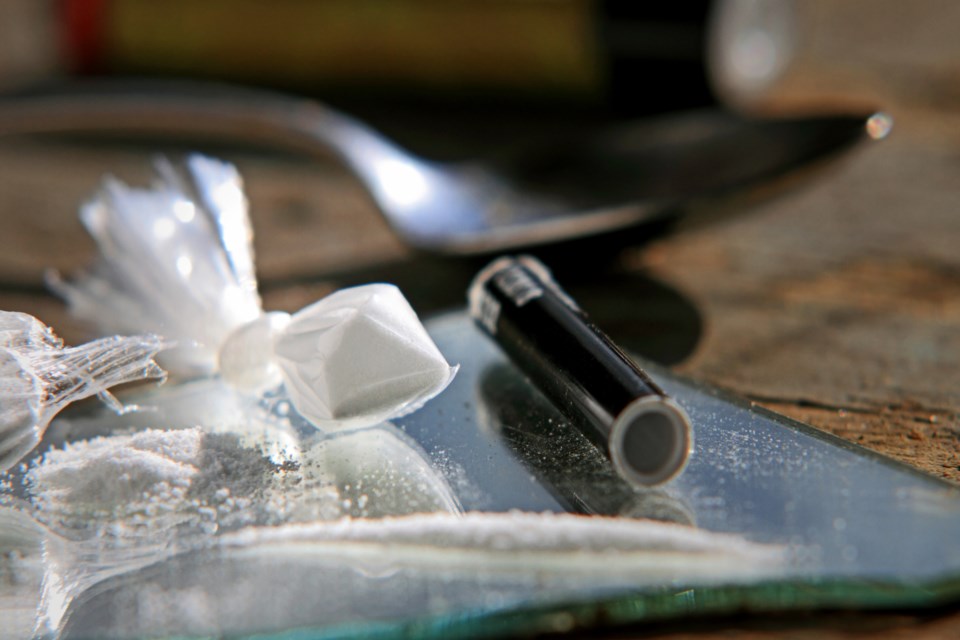The Longmont Housing Authority may start testing resident’s apartments for methamphetamine use during annual inspections of the agency’s complexes.
The proposal, which must be approved by the LHA board of commissioners, is to stop the dangerous production and use of meth at the agency’s properties, Molly O’Donnell, division director of housing and community investment for the city.
Besides the health consequences of meth exposure to residents, a concentrated cleanup of an apartment saturated by meth can cost the city $100,000.
“Testing at annual inspection is a proposed solution we are exploring to demonstrate that there are consequences for the use of meth in LHA communities and show concerned residents that we take their health and safety very seriously,” O’Donnell said via email.
City Manager Harold Dominguez told the LHA’s advisory board that one LHA apartment recently tested at unprecedented levels for meth contamination . “It’s the highest we’ve ever seen,” Dominguez said.
He said the city will also start pursuing former tenants for civil penalties after they abandon an apartment contaminated with meth. “We have to show we are serious about this,” Dominguez said.
Methamphetamine labs may leave contamination on hard surfaces like walls, countertops, sinks or heating and air conditioning ducts, and may also be absorbed into soft surfaces like furniture, drapes and carpeting, according to the Colorado Department of Public Health and Environment.
Even in small amounts, meth lab contaminants may pose health risks to people exposed to them, the CDPHE states.
The LHA provides housing and other related services to low-and-moderate income people, the disabled and elderly in Longmont, according to the LHA’s website.
The LHA currently is testing vacant units upon move out and prior to a new tenant’s move in or if there is a reasonable cause warranting testing an occupied unit, O’Donnell said. “Whatever new policy LHA decides to implement will be in line with fair housing laws,” she said.
LHA’s portfolio currently includes 462 units. There are currently six confirmed units in meth testing or remediation, O’Donnell said.
The city is required by law to hire a certified cleaning/decontamination company for meth cleanup work, she said.
A light contamination depending on the size of the unit will cost the city between $1,500 and $3,000 for professional specialized cleaning, she said. A heavily contaminated unit will cost about $25,000-$35,000 to remove all contaminated surfaces and typically another $100,000 in reconstruction costs, O’Donnell said.
For a light cleanup, it could take crews 4-6 weeks to make an apartment liveable again, she said. That includes testing, cleaning and retesting for meth residue.
It can take a year to completely clean an apartment heavily contaminated by meth, due in part to problems getting the proper materials, O’Donnell said.
“The time frame for the heavily contaminated units has increased due to supply chain issues,” she said.



